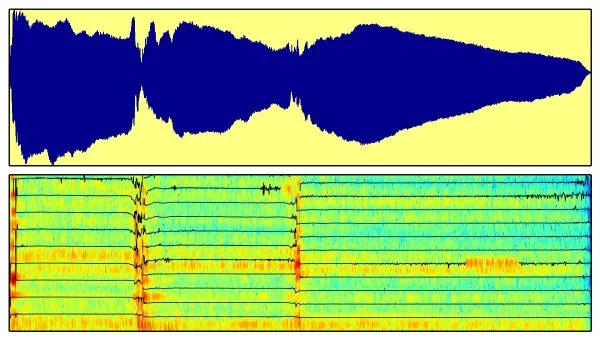
Audio Signal Processing for Music Applications
In this course you will learn about audio signal processing methodologies that are specific for music and of use in real applications. We focus on the spectral processing techniques of relevance for the description and transformation of sounds, developing the basic theoretical and practical knowledge with which to analyze, synthesize, transform and describe audio signals in the context of music applications. The course is based on open software and content. The demonstrations and programming exercises are done using Python under Ubuntu, and the references and materials for the course come from open online repositories. We are also distributing with open licenses the software and materials developed for the course. Pompeu Fabra University (UPF) is a modern public university, conveniently located in the centre of Barcelona (Spain) with the aim of providing top quality education and standing out as a research–based university. UPF is both a specialised university with a unique teaching model and a cutting–edge research institution. UPF places a strong emphasis on quality teaching, based on comprehensive education and student–centred learning, and innovation in the learning processes. UPF’s MOOCs are produced within this general goal. The Leland Stanford Junior University, commonly referred to as Stanford University or Stanford, is an American …
Instructor Details
Courses : 1
Specification: Audio Signal Processing for Music Applications
|
48 reviews for Audio Signal Processing for Music Applications
Add a review Cancel reply
This site uses Akismet to reduce spam. Learn how your comment data is processed.
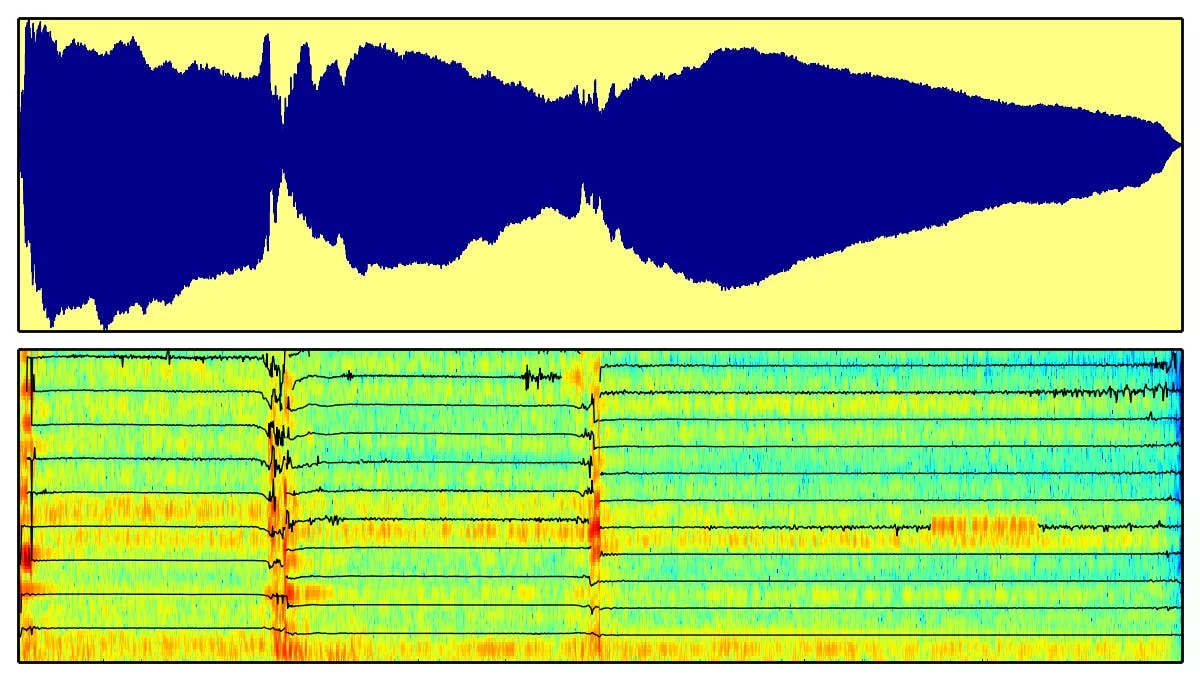
| Provider | |
|---|---|
| Duration | 53 hours |
| Year | 2016 |
| Level | Intermediate |
| Language | English |
| Certificate | Yes |
| Quizzes | Yes |


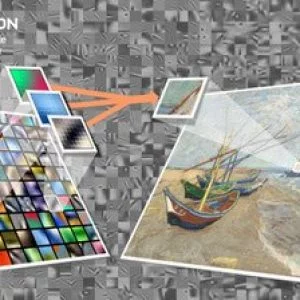
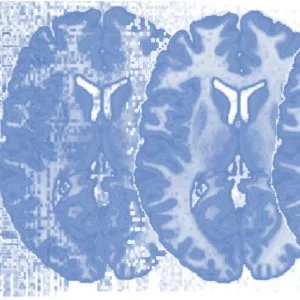
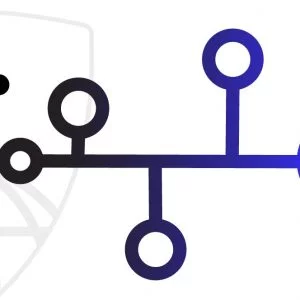
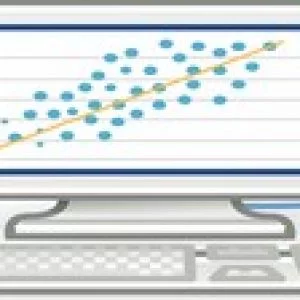
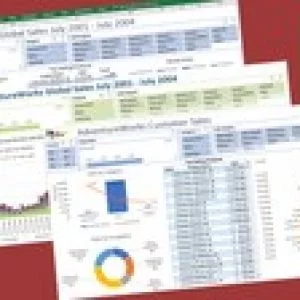
Matthew Z –
Thank you!
Yuriy Z –
exceptional course expect good amount of work, but then you get lots out of it (as with any good course)
Davide F –
The course is very well explained, the assignment are really interesting and the topic is very interesting as well. If you never worked with coding, the beginning may be a bit tricky, but everything is well explained. Take your time to view the videos, they always help if you have some problems.
Alexey K –
Brilliant course! Good balance between theory and implementations with Python. Also, very good additional materials video lectures from Julius Smith, if you want to go even deeper into math theory.
flagyan –
This course gives quite some fundumental concepts about the audio signal processing. I like it!!
Daniel S F –
Videos molt didactics i practiques adequades per aprendre processament de so. M’ha quedat bastnat clar i m’ha agradat molt el curs.
Amit K V –
A real gem of a course in Coursera. It covers all the aspects of the topics discussed on Audio Signal Processing ranging from In depth Theory to excellent examples & demonstration to programming aspects.
diego p –
this course is really great. lectures, code samples and references are clear and complete absolutely recommended
Vibhor B –
This is a really good course if you wish to start learning about Audio signal processing concepts.
Hens Z –
I learned a lot during this course. It took quite a lot of time and energy to complete it, but I’m glad I did. It is now much easier to follow the text of Richard Lyons’ book. Highly recommended.
Pieter V R –
Very well presented and thorough investigation into spectrogram, STFT and reconstruction techniques. Enjoying thanks.
Ali A –
good course . If there will any Speech recognition course it will useful > Hope Coursera will start speech recognition course in future .
Ghislain S –
I learned a lot and had fun at the same time
Dwaipayan R –
The submission system for submitting assignments in most of the cases does not work.
Marc S –
For a free course this was amazing. It was technically very challenging in places but was massively informative and completing it has felt like a excellent accomplishment. My thanks fro all of the hard work that clearly went into constructing the lectures and material.
Santiago R S –
Great Course, lots of concepts to learn and implement! I had amazing time doing the assignments. Should be an ASPMA part 2 course.
Paul S –
Excellent course, for me this was pitched at just the right level to be interesting and also challenging. Everything was well explained and well structured.
Liu S –
Very interesting and useful class
David A –
Excellent material for an interesting subject. The video lectures are very good. The course does need some updates for Python3 and associated libraries to stay current.
Alexander A S G –
Excellent
Manish S –
Lots of learning in 10 weeks. Teacher is good takes time and explain things well. Lectures include theory, demonstration and programming which helped me learn the basics really well. Thank you !
Alexei D –
I still do not understand Fourier Transform, why it is symmetric and one half of it is negative, why there are imaginary numbers, and what imaginary numbers mean. BUT I am more comfortable with it nonetheless and understand the general idea of going into Frequency components rather than Time components of signals.
JUAN M M G –
Excelente!
Caleb C –
Great course! Enjoyable and learned a lot. Not easy!
Jackie D –
awesome course on music application
Thomas B –
My problem with the course is the difficulty of establishing the programming environment. It appears that the packages delivered when you follow the written instructions don’t necessarily work together. This leaves you with having to work out how to downgrade various packages which ultimately led me to a situation where I gave up on the course. It is difficult to make Python go away or to downgrade NUMPY. or discover independently that you needed a different C++ environment. The Forum was of no help. The course recommends that you use Ubuntu, a different operating system entirely from either Windows or OSX but I certainly don’t want to reformat my computer’s drive to try to successfully create a dual boot system just for this class.
a1440379085 –
good
Amauri B S –
Very good material! Very interesting subject!
Jorge –
This is an excellent course for those who have knowledge of Digital Signal Processing and have interest in Music. If you haven’t had exposure to Digital Signal Processing, then it would be a very good idea to get introduced to it before taking this course. On the other hand, for Music, you don’t need formal education This is my case, good knowledge on DSP and interest in Music (but not a musician). You need to know how to program. I think knowing Python is a plus, but in my case, I had never had exposure to Python and yet I had (almost) no problem, since I had good experience with other languages such as C and Matlab. Here are some recommendations: [1]: If you have some trouble in the first few programming assignments, go to the forums, they will help you solve some stupid issues (probably strictly related to Python, not DSP) [2]: Take a look at the question quizzes before watching the videos. That will help you know beforehand what you need to look for. This way, you’ll likely get most of 100’s. [3] Enjoy what you are learning. Try to implement things you want, not only what you are requested to do. This way, you will arrive to the final project with good ideas on what to do. [4]: Although the first 5 or 6 assignments have no due date limit, the last few do have strict due dates. Don’t get too confident on this, since you will find yourself having trouble finding reviewers (last few projects are graded by other students). This happened to me…
Mauricio F E –
It’s a wonderful course when you can begin in the world of Digital Audio Processing. Very recommended! Thank you very much!
Tore B –
Good lectures with a focus on practical applications. Good introduction to how signal processing can be used for musical analysis, and more specifically how to use the Essentia library
Denys K –
one of the most insightful, practical and entertaining courses on coursera! highly recommended
OMAR Y G –
best course to apply your math knowledment
Jenny L –
This course is amazing I wish I can give 6 stars
Gerald F –
An excellent course, particularily when enhanced by reading the four book series by Juli us O. Smith III. Allowing one to continue into the next semester while keeping credit for work done is a major plus point for the course. It actually took me about a year to complete and the alloted ten weeks would be an extremely demanding schedule.
Joaquin J –
Excellent course to understand DSP, Fourier Transform and Audio Programming.
Kushagra S –
Great learnings from great assignments and awesome faculty.
Jan B –
Very nice course with nice materials! I am recommending for technical students interested in audio/music as me!!!
Farouk E –
I have questions that I would like to ask, but it seems that I can’t access discussion forms for some reason.
Dan G –
Now it can be taken under Windows the course is just great!
Martin B –
Very interesting and well explained
Daman A –
Assignments are easily doable without any application of real analysis skills. You guys should actually ask us to build certain parts of your models so that we achieve that level of skill.
Massimo M –
A very good resource to start learning audio signal processing!
Gurtueva I –
Thank you kindly! The course is quite useful. I understood not only mathematics of Fourier Transform, but also the meaning of each step.
Sanjeewa K –
great course to learn basis of signal processing. it covers a lot more about signal processing.
Erik V N –
Excellent course, the best I have been on (and I did 20+ MOOCs ; )
ruchi g –
every topic is very well explained
Emmanuel o –
An absolutely awesome introduction to Audio Signal Processing. The additive introduction of new concepts is capable of teaching any beginner this topic which ordinarily is difficult to understand.